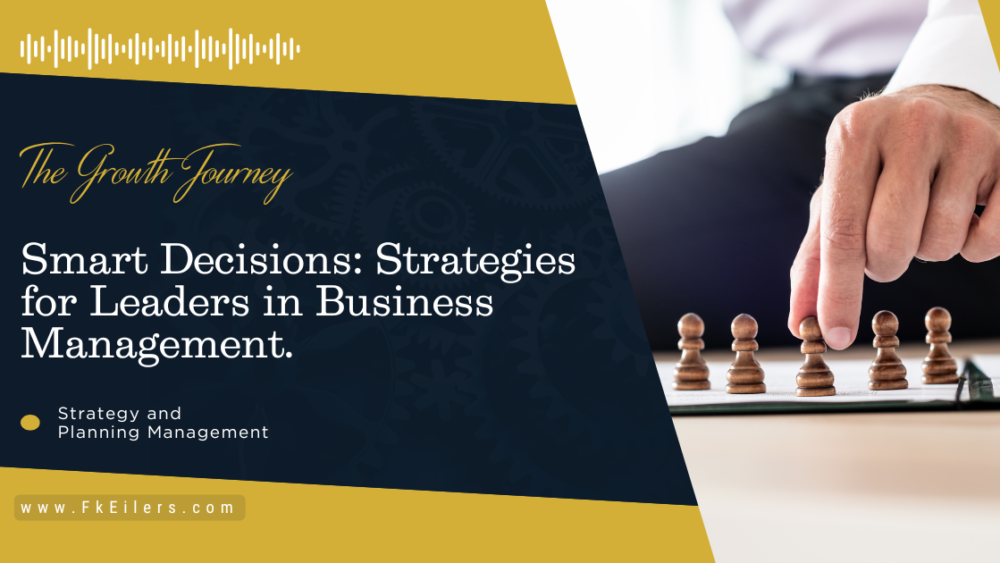Decision-making is at the core of management. From defining key strategies to managing resources, leaders face decisions that can determine the success or failure of their organizations.
However, challenges like cognitive biases and unclear strategies often derail the process. Daniel Kahneman, in his book Thinking, Fast and Slow, explains that the human mind operates through two systems:
- System 1: Fast, intuitive, and automatic.
- System 2: Slow, analytical, and deliberate.
This article explores how leaders can leverage these principles to make more informed, strategic, and effective decisions.
Challenges in Decision-Making for Leaders
Leadership involves making critical decisions, often under challenging conditions:
- Cognitive Biases: Issues like overconfidence, anchoring, or risk aversion can cloud judgment.
- Lack of Information: Incomplete or inaccurate data can lead to suboptimal outcomes.
- Time Pressure: Constant urgency can force hasty decisions, leaving little room for thorough analysis.
Strategies to Improve Decision-Making
- Encourage Analytical Thinking
Kahneman emphasizes that engaging System 2 allows for detailed analysis, reducing impulsive errors. Effective leaders balance intuition with careful examination. - Incorporate Data and Quantitative Analysis
Data-driven decisions minimize personal biases. Tools like dashboards and key performance indicators (KPIs) help structure analysis and prioritize relevant information. - Promote Diverse Perspectives
Diverse teams counteract blind spots and groupthink. Open collaboration enriches the decision-making process with varied insights. - Use Decision-Making Tools
Techniques like decision matrices or flowcharts help structure the process, ensuring all variables are considered. - Evaluate and Learn from Past Decisions
Reviewing previous successes and failures helps identify patterns and refine future strategies.
Applying Strategies in Modern Management
In today’s dynamic business environment, leaders must adapt quickly and foster a culture of continuous learning. Implementing these strategies not only enhances decision quality but also strengthens organizational resilience.
Conclusion
Effective decision-making is a skill honed through practice, strategy, and self-awareness. As Kahneman explains, being aware of cognitive biases and balancing intuition with analysis are key to successful leadership.
Remember: in management, every decision counts.





Comments are closed.